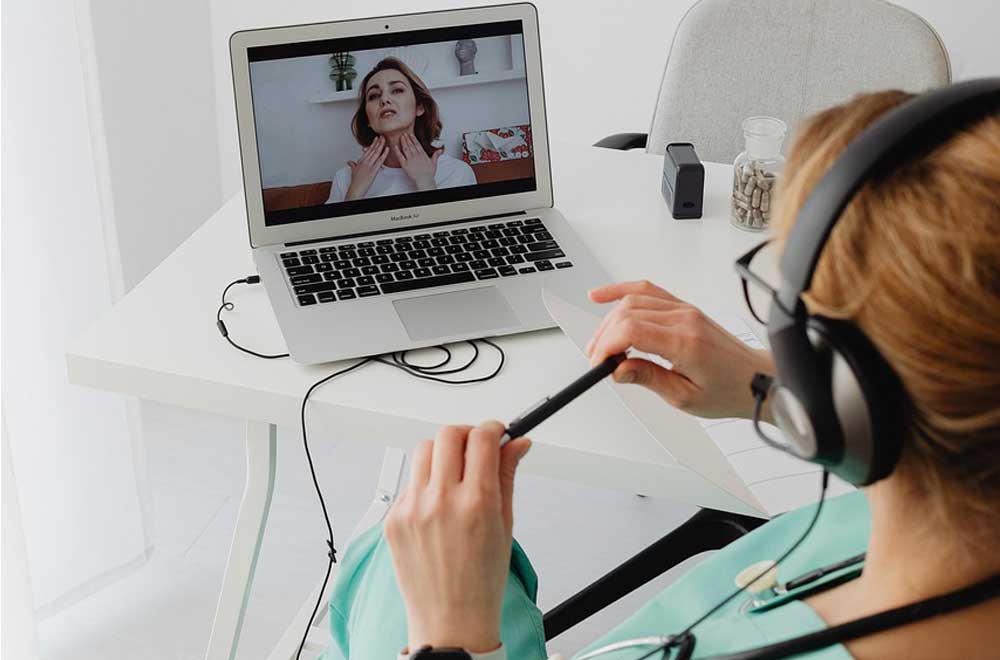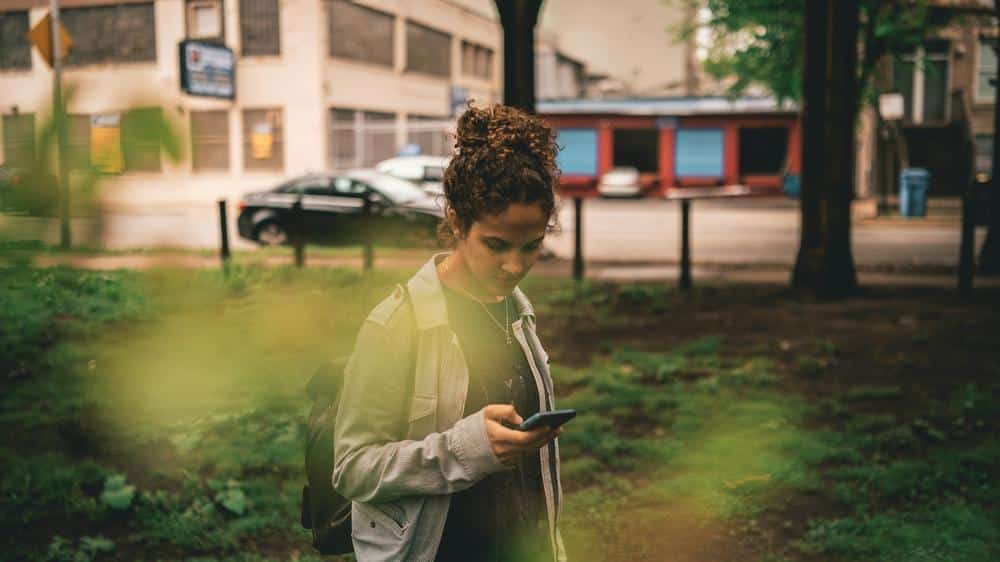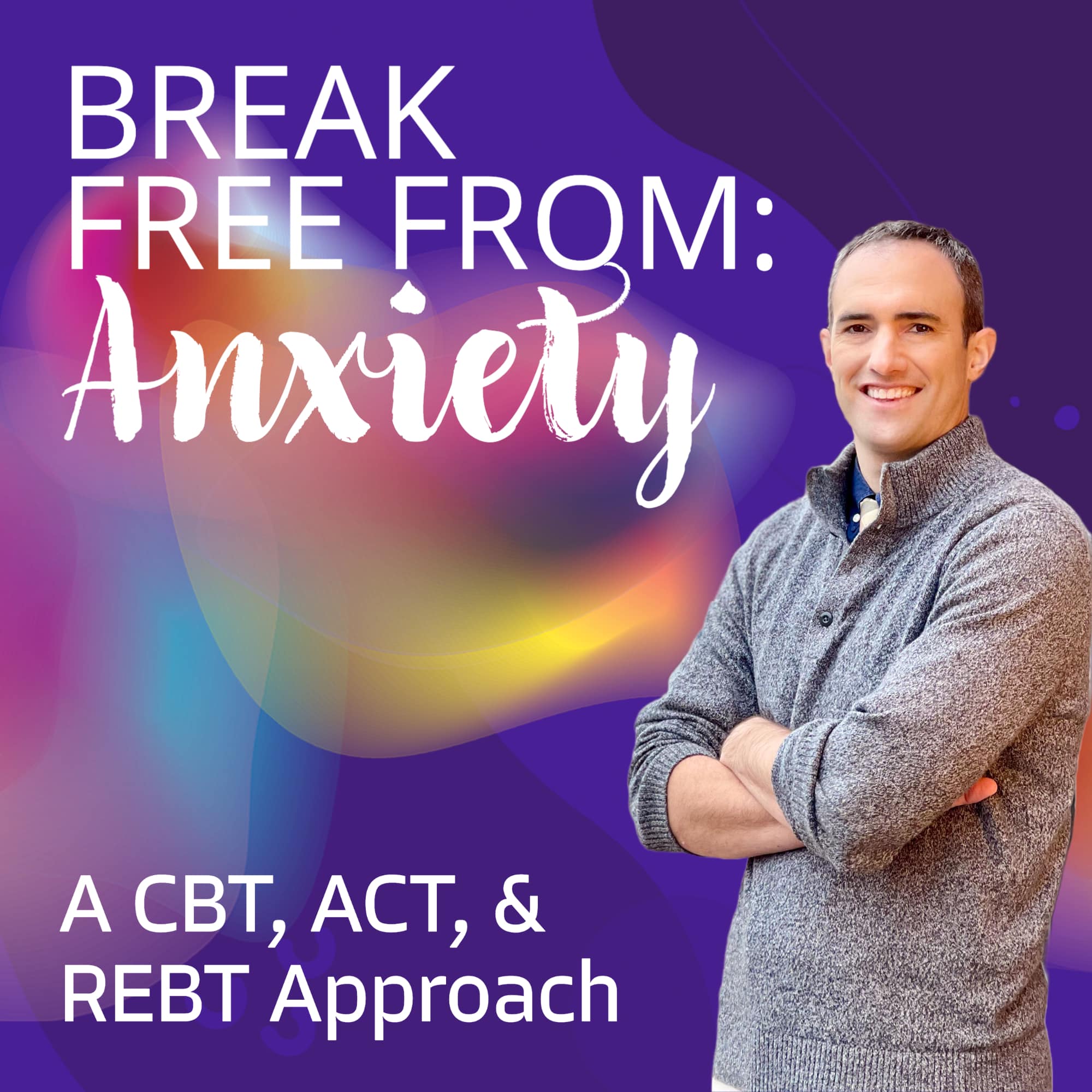Can melatonin help with anxiety? While melatonin is primarily known for regulating sleep, it also shows promise in managing anxiety symptoms—especially when sleep disturbances play a role.
KEY TAKEAWAYS
- Melatonin may help reduce anxiety symptoms, especially when related to sleep deprivation.
- It is not a standalone solution for chronic anxiety disorders.
- Consulting a licensed mental health provider is essential before starting melatonin.
- Online psychiatric care, like through TelepsychHealth’s treatment services, provides accessible options for anxiety support.
- Lifestyle changes alongside melatonin often lead to better outcomes.
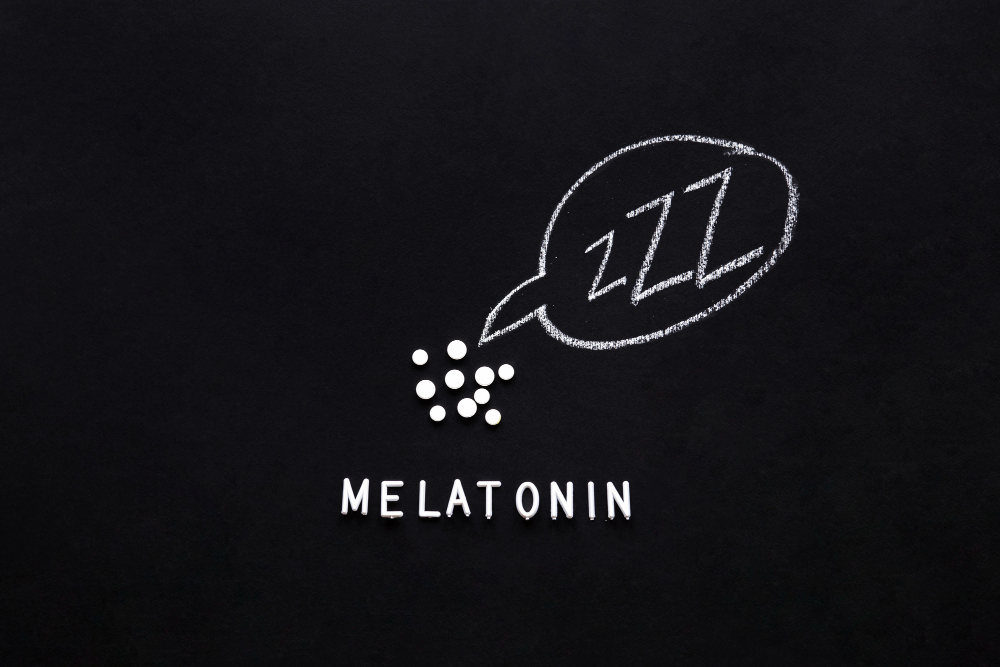
When it comes to natural remedies for anxiety, many people are curious about melatonin. Known mostly as a sleep aid, melatonin is a hormone the body naturally produces to regulate the sleep-wake cycle. But because of its calming effect on the brain, researchers and clinicians have begun exploring its potential in treating anxiety.
For people experiencing anxiety-related insomnia or restlessness, melatonin may offer indirect benefits. While not a primary treatment, its ability to promote sleep can be a crucial part of a comprehensive treatment plan. At TelepsychHealth, we recognize how critical sleep is in mental health, and melatonin can be a supportive tool in broader anxiety care.
Understanding Melatonin’s Role in Anxiety Management

Melatonin’s core function is to regulate circadian rhythms. However, recent studies suggest it might also have anxiolytic effects—meaning it could help reduce feelings of anxiety. Some research shows that melatonin can decrease cortisol levels (the stress hormone) and modulate GABA receptors, the same receptors targeted by many anti-anxiety medications.
This makes melatonin especially useful for people whose anxiety is intensified by poor sleep. By improving rest, patients often experience a decrease in anxiety symptoms, particularly those related to racing thoughts, irritability, or fatigue. A 2020 study published on PubMed Central concluded that melatonin supplementation improved preoperative anxiety in surgical patients, pointing to its broader calming properties.
Still, it’s important to note that while melatonin might help, it should not replace more robust forms of anxiety treatment like therapy or psychiatric medication. For many patients, particularly those with generalized anxiety disorder (GAD) or panic disorder, individual therapy or medication management remains essential.
When Should You Consider Melatonin for Anxiety?

Melatonin may be helpful for:
-
People experiencing anxiety-induced insomnia.
-
Individuals with jet lag or shift work affecting their mental health.
-
Those with situational anxiety, such as test anxiety or travel stress.
It is generally considered safe for short-term use, but its effectiveness can vary. Dosage is also a key factor—too much melatonin can disrupt your natural hormone cycle and lead to side effects like grogginess or mood changes. Consulting a mental health provider through our online therapy platform ensures proper guidance.
Also, combining melatonin with other healthy habits—like mindfulness, cognitive behavioral therapy (CBT), or regular exercise—can amplify its effects. You can explore personalized care strategies with our clinicians through TelepsychHealth’s treatment programs.
What Are the Risks of Using Melatonin for Anxiety?
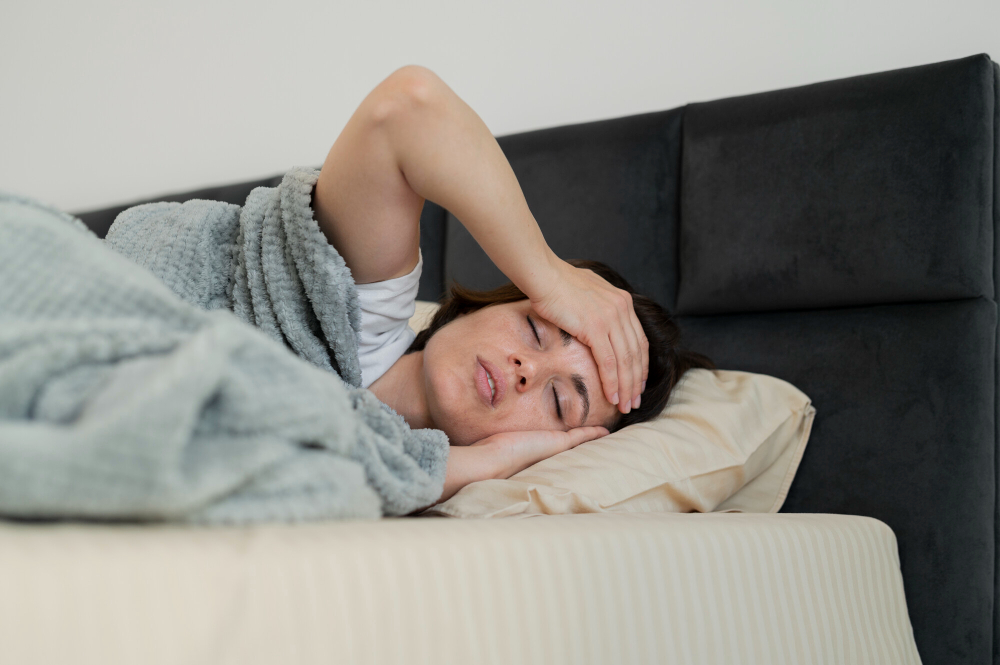
Although melatonin is considered safe and is available over the counter, there are still potential drawbacks. Prolonged or incorrect usage can lead to unwanted side effects. These include:
-
Headaches
-
Dizziness
-
Mood changes
-
Daytime drowsiness
There’s also the issue of melatonin supplement quality. Not all products are created equally, and the actual melatonin content in supplements can vary significantly. According to research from Mayo Clinic, product regulation is still inconsistent, so choosing a trusted brand is essential.
More importantly, melatonin should never be seen as a substitute for professional mental health care. It can supplement treatment but should be used in coordination with therapy, medication, or lifestyle modifications.
If you’re not sure whether melatonin is right for you, contact us at (888) 730-5220 to speak with a licensed provider.
Melatonin vs. Traditional Anxiety Treatments

Compared to SSRIs, benzodiazepines, or talk therapy, melatonin plays a much different role. Traditional psychiatric medications adjust brain chemistry directly to reduce anxiety, while melatonin focuses on improving sleep, which can have downstream effects on anxiety symptoms.
Some people might benefit from combining both approaches. For instance, a patient might use melatonin for sleep support while undergoing cognitive behavioral therapy or taking prescribed anxiety medication. This layered approach often brings the best outcomes.
At TelepsychHealth, we help you find the treatment plan that aligns with your lifestyle, preferences, and medical history. Our providers carefully assess if melatonin makes sense as a complementary supplement.
When to Avoid Melatonin

While melatonin is safe for most people, there are scenarios where caution is needed. These include:
-
Pregnant or breastfeeding individuals
-
People taking anticoagulants or immunosuppressants
-
Individuals with epilepsy or mood disorders
Melatonin can also interact with certain medications. Always consult your psychiatrist or physician before starting any supplement. Our telehealth clinic is here to evaluate and monitor your needs.
If anxiety symptoms persist despite trying melatonin and lifestyle changes, more intensive treatment might be necessary. Learn more about Intensive Outpatient Programs (IOPs) that combine therapy and medication under professional supervision.
Can Melatonin Cause Anxiety in Some People?
While melatonin is commonly used to support sleep and potentially ease anxiety, it’s important to note that not everyone experiences positive effects. In some individuals, melatonin supplements may worsen symptoms of anxiety, particularly if taken in excessive doses or if the individual has underlying mood disorders. Some people report vivid dreams, irritability, or even restlessness after taking melatonin—effects that could exacerbate anxiety rather than relieve it.
Melatonin’s influence on the brain is complex. It interacts with serotonin, the neurotransmitter involved in mood regulation. A disruption or imbalance in serotonin levels may lead to increased feelings of nervousness or unease. Therefore, anyone with a history of anxiety or depression should consult a healthcare professional before taking melatonin regularly.
Additionally, because melatonin impacts the circadian rhythm, using it at the wrong time of day or in inconsistent doses may throw off your body’s natural cycle, which can result in increased emotional instability. Anxiety, after all, often intensifies with poor sleep patterns—so a mistimed supplement can do more harm than good.
Best Practices for Taking Melatonin for Anxiety
If you’re considering melatonin as a natural remedy for anxiety, it’s essential to follow best practices to ensure safety and effectiveness. Start with the lowest effective dose—typically between 0.5 to 3 milligrams—and only take it 30 minutes to an hour before bedtime. Avoid high doses unless advised by your psychiatrist or healthcare provider.
To maximize its effectiveness, pair melatonin with healthy sleep hygiene. This includes reducing screen time before bed, limiting caffeine and alcohol intake, and maintaining a consistent sleep schedule. Supplementing melatonin without improving sleep habits may yield little to no benefit.
Patients under psychiatric care—especially those undergoing online anxiety therapy or telepsychiatry—should communicate any supplement use with their provider. At TelepsychHealth’s Anxiety Services, our clinicians work with patients to ensure any complementary treatments, including melatonin, align with their psychiatric care plans. Combining professional guidance with responsible supplement use can improve outcomes significantly.
Alternatives to Melatonin for Anxiety Relief
Melatonin isn’t the only option for addressing anxiety symptoms and insomnia. For many people, non-supplement-based strategies may be more effective and longer-lasting. Cognitive Behavioral Therapy (CBT) is one of the most well-researched and successful approaches for managing both insomnia and anxiety. CBT-I, the branch of CBT specifically for insomnia, can help you retrain your sleep habits and reduce racing thoughts before bed.
Other alternatives include guided meditation, mindfulness exercises, and deep breathing techniques. These interventions can promote relaxation and a calm mental state, helping the body naturally produce melatonin. Certain herbal remedies like valerian root or chamomile have also been studied for their calming effects, though results can vary.
For persistent anxiety, consulting a licensed therapist or psychiatrist is critical. TelepsychHealth offers Online Therapy and Psychiatric Medication Management from the comfort of your home. Our team helps you explore options beyond supplements, such as FDA-approved medications, behavioral strategies, and tailored treatment plans.
Helpful Tips for Using Melatonin for Anxiety
Start with the lowest dose possible and only use melatonin under the guidance of a licensed provider. Avoid using it as a replacement for therapy or prescribed medications.
Summary
Melatonin shows promise as a natural aid for anxiety, especially in sleep-deprived individuals. It’s not a cure-all but can complement traditional psychiatric treatments. If you’re considering melatonin as part of your mental health care, speak to a licensed provider.
“A balanced treatment plan that includes sleep support can often help patients feel more grounded and less anxious,” says Dr. Bruce Bassi, M.D., a psychiatrist with TelepsychHealth.



